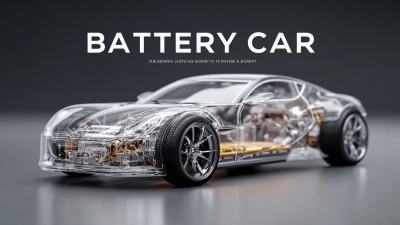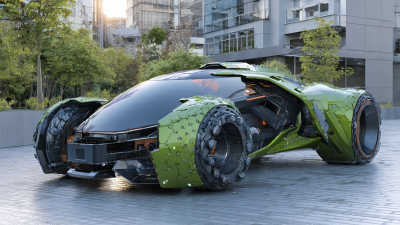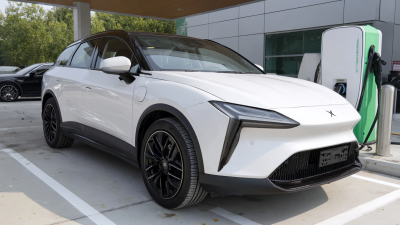Leave Your Message
As we move into 2023, the automotive landscape is undergoing significant transformations, making the choice of a "Modern Car" more complex yet exciting for buyers. According to a recent report by the International Organization of Motor Vehicle Manufacturers (OICA), global car sales are expected to reach 86 million units this year, reflecting an increasing demand for vehicles that blend innovation with sustainability.
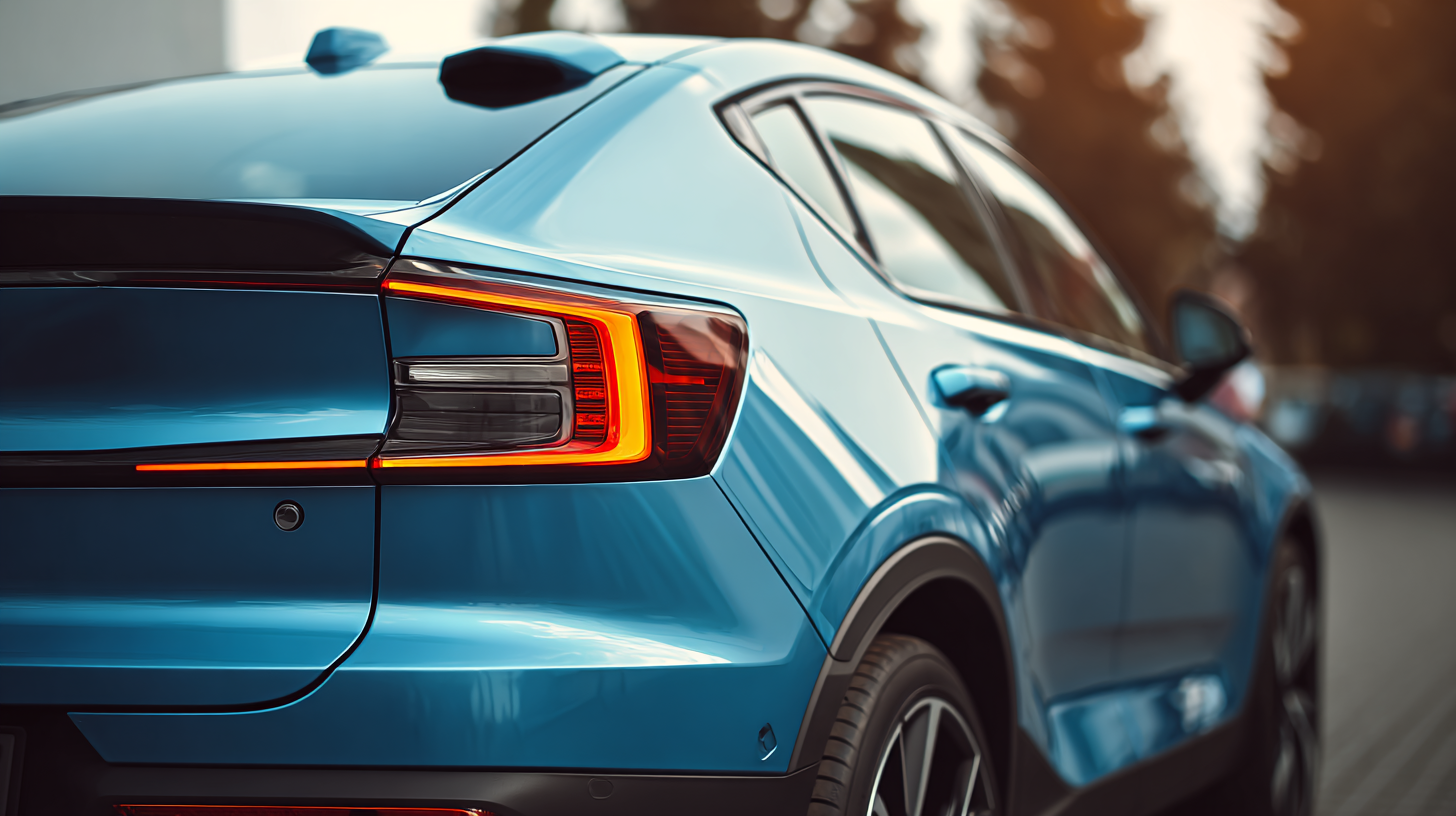
Furthermore, trends indicate that over 30% of new car purchases will be influenced by advanced technology features such as AI-assisted driving and connectivity options. With rising consumer awareness about electric vehicles and a shift towards sustainable mobility solutions, selecting the perfect modern car requires an understanding of key features such as fuel efficiency, safety ratings, and technological integration.
This blog aims to guide potential buyers through these crucial factors, ensuring they make informed decisions that align with their lifestyle and values in the modern automotive era.
When considering a purchase in 2023, modern car buyers are clearly influenced by several key features that have dominated sales trends. According to a report by J.D. Power, over 70% of consumers prioritize advanced safety features such as adaptive cruise control and lane-keeping assistance, as these amenities contribute to their peace of mind while driving. Moreover, with growing environmental concerns, a staggering 40% of buyers are now opting for hybrid or electric vehicles, reflecting a significant shift in consumer preferences towards sustainability.
Tips: When evaluating potential vehicles, make sure to assess the available safety technologies and environmental impact. Not only will this help in making an informed choice, but it can also enhance resale value in the future.
Additionally, connectivity features have become crucial; around 60% of buyers desire vehicles equipped with smartphone integration and infotainment systems. The seamless integration of technology plays a vital role in enhancing user experience, proving that modern buyers expect their cars to be as connected as their lifestyle.
Tips: Always check the compatibility of infotainment systems with your personal devices and scrutinize software update policies to ensure your new car stays current with technology advancements.

Amid the growing shift towards sustainability, the adoption of electric vehicles (EVs) is an increasingly significant trend for car buyers in 2023. According to recent statistical insights, nearly 20% of new car sales are expected to be electric, reflecting a substantial increase compared to previous years. Many consumers are seeking vehicles that not only fulfill their mobility needs but also align with their eco-conscious values. As a result, the demand for EVs has spurred manufacturers to innovate, providing a wider range of models that cater to various budgets and preferences.
Additionally, advancements in battery technology and charging infrastructure are playing crucial roles in this transition. Fast-charging stations are becoming more prevalent, reducing range anxiety and enhancing the appeal of electric cars. Statistical data shows that over 70% of potential EV buyers are now more confident in the practicality of owning an electric vehicle. This trend highlights a significant shift in consumer behavior, prioritizing sustainability and technology, making 2023 a pivotal year for those looking to choose the perfect modern car.
| Feature | Importance (%) | Trends for 2023 |
|---|---|---|
| Electric Powertrain | 45% | Increasing adoption of EVs, with 30% growth expected. |
| Advanced Safety Features | 30% | More drivers prioritizing features like automatic braking and lane assist. |
| Infotainment System | 15% | Integration with smartphones and voice control trending up. |
| Interior Comfort | 10% | Demand for spacious and customizable interior grows. |
In 2023, the landscape of advanced driver-assistance systems (ADAS) has seen remarkable evolution, pushing the boundaries of safety technology in modern cars. With projections estimating the ADAS market to reach $307 billion by 2035, the emphasis on safety resonates strongly with consumers. Recent studies indicate a growing preference for vehicles equipped with these high-tech features, even as public sentiment around autonomous vehicles remains cautious. Safety is a priority, and the integration of intelligent driving technologies aims to address this concern effectively.
Advanced technologies like vehicle-to-X communication are enhancing the safety net by enabling cars to communicate with each other and infrastructure, significantly reducing the likelihood of accidents. Reports show that systems such as these can lead to an 88% reduction in property damage claims, demonstrating impressive effectiveness. Consequently, automakers are investing heavily in educating drivers about ADAS functionalities, ensuring they can fully leverage these enhancements for safer travel. The future of mobility looks promising, driven by innovations that prioritize both safety and convenience on the road.
In 2023, the car market reveals significant shifts in consumer preferences influenced by demographics, technology, and environmental concerns. Younger buyers, particularly millennials and Gen Z, are showing a keen interest in electric vehicles (EVs) and hybrid models. These groups prioritize sustainability and are willing to invest in vehicles that reflect their eco-conscious values. They seek modern features like connectivity, advanced safety systems, and user-friendly interfaces, making these elements crucial in the buying process.
**Tip:** When considering a modern car, think about your driving habits and lifestyle. If you're frequently urban commuting, a compact EV with a robust battery range may suit you best. On the other hand, for families or those requiring more space, a hybrid SUV might be the ideal balance of efficiency and utility.
Another trend is the growing importance of technology in vehicles. Features such as advanced driver-assistance systems (ADAS), infotainment options, and seamless smartphone integration are highly sought after. Buyers increasingly expect these technologies to enhance their driving experience while ensuring safety and convenience.
**Tip:** Research the tech offerings of various models. Test the connectivity features and voice-activated systems in person to ensure they meet your expectations, as familiarity with these functions can significantly enhance your overall satisfaction with the vehicle.
As 2023 unfolds, fuel efficiency remains a critical consideration for car buyers navigating the changing landscape of automotive regulations. Recently, the U.S. Department of Transportation announced plans to reverse the Biden-era fuel economy standards. This shift could significantly influence consumer decisions, especially as many are increasingly concerned about both environmental impact and long-term savings. Understanding the implications of these new standards will be vital for buyers who want to balance performance with responsibility.
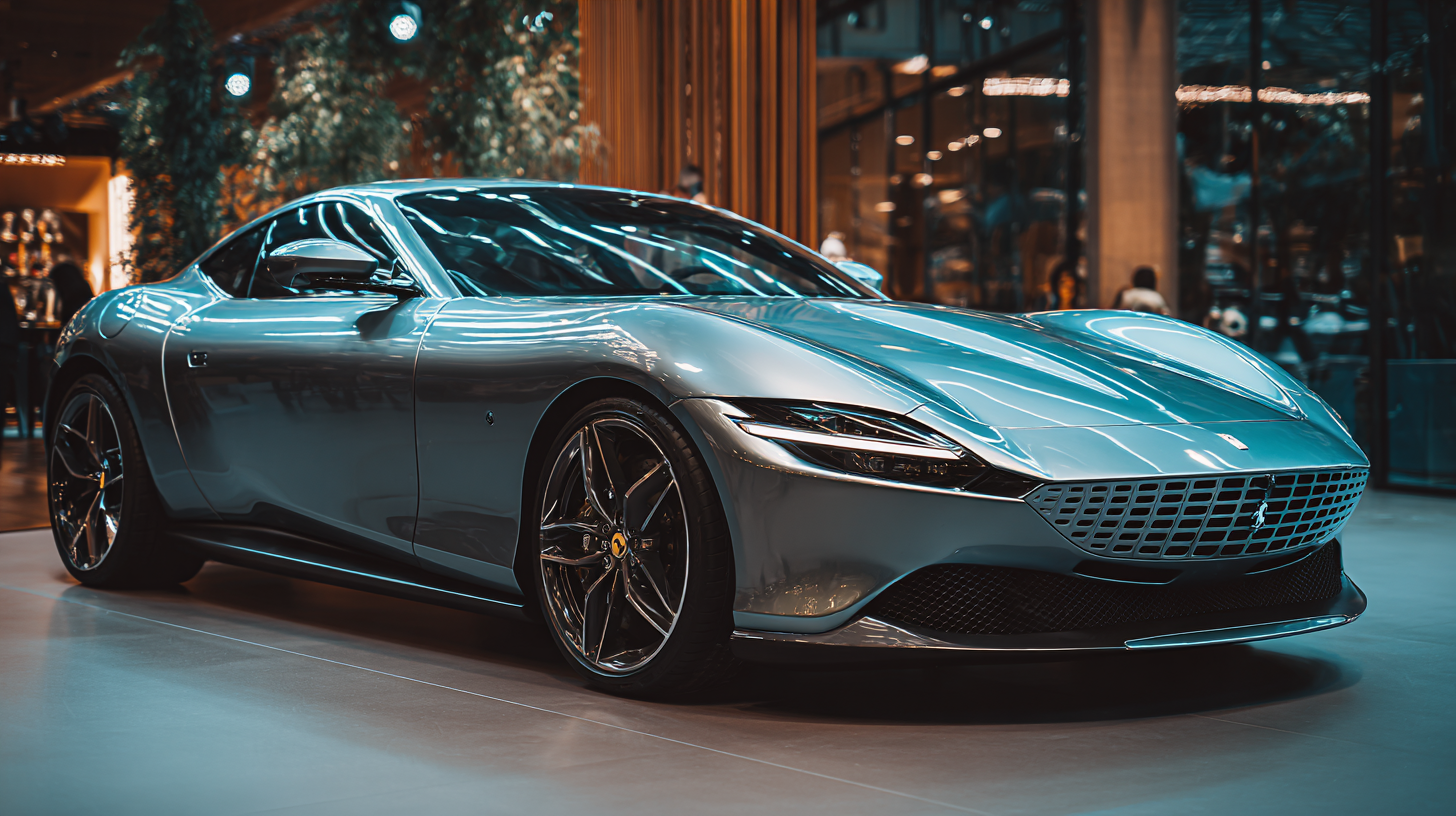
Electric vehicles (EVs) present an intriguing alternative, often marketed for their environmental benefits. However, the question of whether they are more economical to operate remains complex. With ongoing advancements in battery technology and charging infrastructure, the cost of driving an EV continues to evolve. Additionally, newer regulations in other regions aim to increase the availability of zero-emission vehicles, pushing the market towards greater sustainability. For buyers, keeping abreast of these trends and evaluating the latest models with the best fuel economy can lead to a more informed and satisfying purchase decision.
